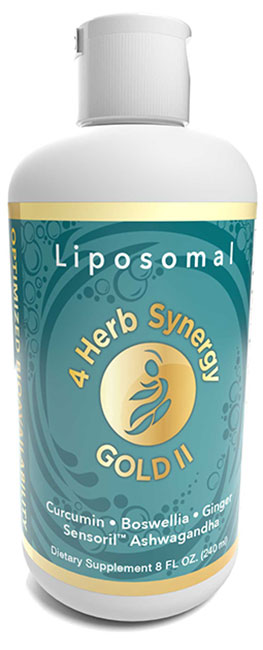The modern lifestyle can be very stressful and then result is that it often puts our bodies into a state of chronic inflammation. It starts as a natural defense that our bodies release to combat our lifestyles.
It then becomes a persistent, low-level immune response that can lead to a variety of health problems, including arthritis, heart disease, diabetes, and even certain cancers. Unlike acute inflammation, which is the body’s immediate response to injury or infection, chronic inflammation lingers, often going unnoticed until it turns into a more serious health issue.
The good news is, there are some things you can do in your lifestyle to get it under control:
Adopt an Anti-Inflammatory Diet
One of the most effective ways to combat chronic inflammation is through diet. Certain foods are known to have anti-inflammatory properties, while others can exacerbate inflammation. Incorporating anti-inflammatory foods into your diet can help reduce chronic inflammation and improve your overall health.
Eat More Fruits and Vegetables.
Colorful fruits and vegetables are rich in antioxidants and phytonutrients that help reduce inflammation. Berries, leafy greens, tomatoes, and cruciferous vegetables like broccoli and Brussels sprouts are excellent choices.
Include Healthy Fats.
Omega-3 fatty acids, found in fatty fish, such as salmon, walnuts, flaxseeds, and chia seeds, have potent anti-inflammatory effects. Olive oil, rich in monounsaturated fats, is another great addition to an anti-inflammatory diet.
Choose Whole Grains.
Whole grains such as oats, brown rice, and quinoa are high in fiber, which can help reduce inflammation by promoting healthy digestion and gut health.
Avoid Processed Foods and Sugars.
Processed foods, refined sugars, and unhealthy fats can trigger inflammatory responses in the body. Limiting these can help manage inflammation more effectively.
Exercise Regularly
Regular physical activity is not only beneficial for overall health but also plays a crucial role in reducing inflammation. Exercise helps regulate the body’s inflammatory response, reducing levels of inflammatory markers in the body.
Aim for at least 30 minutes of moderate exercise, such as walking, cycling, or swimming, most days of the week. Strength training exercises can also help by improving muscle mass and metabolism.
Get Enough Sleep
Quality sleep and stress management are essential for reducing chronic inflammation. Poor sleep and high stress levels can increase inflammatory markers in the body, leading to a higher risk of chronic inflammation.
Aim for 7-9 hours of quality sleep each night. Establishing a regular sleep schedule, creating a restful environment, and avoiding screens before bedtime can help improve sleep quality.
Stay Hydrated
Staying adequately hydrated is important for maintaining the body’s overall function, including its ability to regulate inflammation. Water helps flush out toxins and supports the body’s natural healing processes. Aim to drink at least 8 glasses of water a day, and more if you’re physically active or in a hot environment.
You may also want to consider taking a supplement like 4 Herb Synergy Gold II, which has anti-inflammatory herbs and spices like Ginger, Curcumin, Boswellia, and Ashwagandha, to help your body reduce chronic inflammation.
Sources:
https://www.ncbi.nlm.nih.gov/pmc/articles/PMC7312944/
https://www.brighamandwomens.org/patients-and-families/meals-and-nutrition/bwh-nutrition-and-wellness-hub/special-topics/anti-inflammatory-lifestyle
https://www.scripps.org/news_items/4232-six-keys-to-reducing-inflammation




